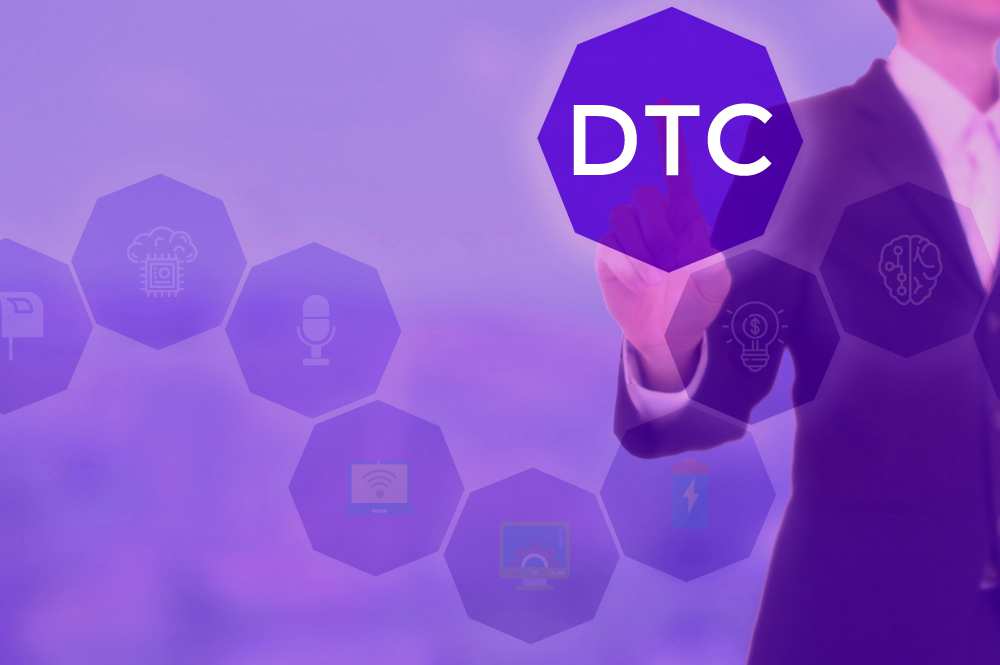Top FAQs: Preparing for the Launch of New Domain Names

With the Internet set to embark on the most drastic changes yet later this year, via the launch of hundreds of new Web domains - including brand-specific, geographic and even foreign script domains such as .blog, .nyc and .天主教 to be seen along traditional domains such as .com, .edu and .org - there is no debate that the online landscape will forever be impacted. In advance of the rollout of these new domain names from the Internet Corporation of Assigned Names and Numbers (ICANN), many domain name registrars are now offering pre-reservation of domain names in the new program. According to domain registrar 1&1, nearly 2 million new domain names have already been pre-reserved, with the number expected to soar even higher. With so many users seeking to secure new domain names at the earliest opportunity, are you fully prepared to protect your brand's trademark and intellectual property?
To assist in the process, ICANN has launched its accredited Trademark Clearinghouse (TMCH), a central database of validated trademarks and the only authorized and universal means of protecting trademarks against cybersquatting or other types of infringement. Since launch in March 2013, the TMCH has received more than 10,000 submissions, yet many brand owners are still not up to speed on the benefits associated with the TMCH. This leaves many brand owners exposed to risk given that registrars have seen such significant interest from the public in reserving domains under the new extensions that will soon be opening to the public. In fact, even though the launch dates of specific Web domains have not yet been finalized by ICANN, a recent visit to the 1&1 website revealed that .blog, .online and .shop are among the top domains in terms of pre-reservation numbers.
While the rollout of new Web domains will present more room for competition and innovation online, many brand owners have been skeptical of the benefits or at least concerned about the risks the new domains present. But the truth is that new domains are heading onto the Internet and the only initial way to effectively safeguard trademarks from illegitimate use and avoid potentially putting customers at risk is through proper use of the TMCH. As such, let's take a look at some of the most frequently asked questions regarding the TMCH:
FAQ 1: I am a brand owner and have been running my own website for years. How can I protect myself ahead of the new domain name rollout?
Protection is offered in the form of two unique services. First is the Sunrise Period, which allows brand owners to proactively record domain names associated with their trademarks ahead of wider public availability. Second is the Trademark Claims Services, primarily a 90-day long period of notifications that alerts brand owners when another individual or company registers domain names that are a match to their trademark(s). In addition, the Trademark Claims Service will have ensured that the registrant of the trademarked term will have done so having acknowledged the existence of the trademark.
FAQ 2: Should I just wait until after the new domains roll out?
Brand owners should submit their trademarks as early on as possible to ensure enough time is reserved to deal with any potential administrative corrections and have the best chance of avoiding unexpected challenges. Advance submissions are especially important to those interested in taking advantage of registrations during Sunrise Periods, as delays could lead to the inability to secure domain names during the crucial launch phases. Given the amount of proper documentation needed for participation - including a signed, dated and uploaded proof of use declaration - getting a head start should be a priority for any brand owner looking to actively protect and secure their intellectual property.
FAQ 3: I already have a registered trademark. Do I still need to record my trademark in the TMCH?
While brand owners that already have registered trademarks benefit from existing protections under relevant law, this is limited to the category of goods and services and the jurisdiction(s) under which the trademark is registered. Applicants most commonly assume that their trademark certificates will serve as an accurate replacement for providing a full description of their goods and services, which as a result leaves brand owners open to potential problems in the future due to a lack of proper documentation.
Jan Corstens, Partner, Deloitte
Jan Corstens is a partner in the Deloitte Belgian office and leads a team of experts in Contract Risk and Compliance services that operates on an EMEA wide level.Throughout the last 14 years, he has performed and managed multiple royalty and IP audits in the software, hardware and technology space. Jan is currently the Project Director for the Trademark Clearinghouse, an initiative that has been created to help brand owners protect their intellectual property within ICANN's new generic Top Level Domain program.
For a further breakdown of the TMCH, Jan suggests visiting https://youtu.be/c9eehqeZkEc to view a helpful, step-by-step guideline of its key features.









